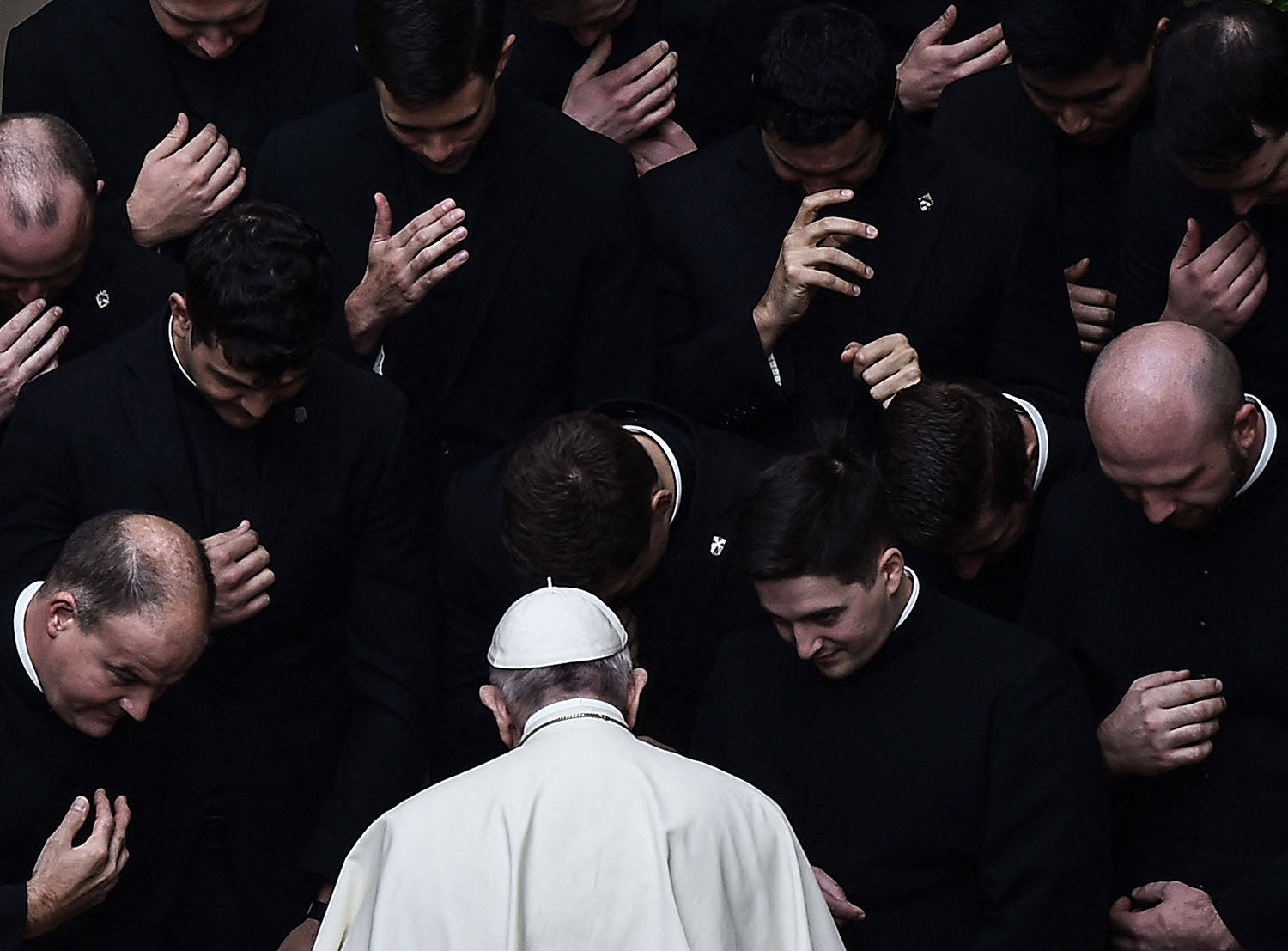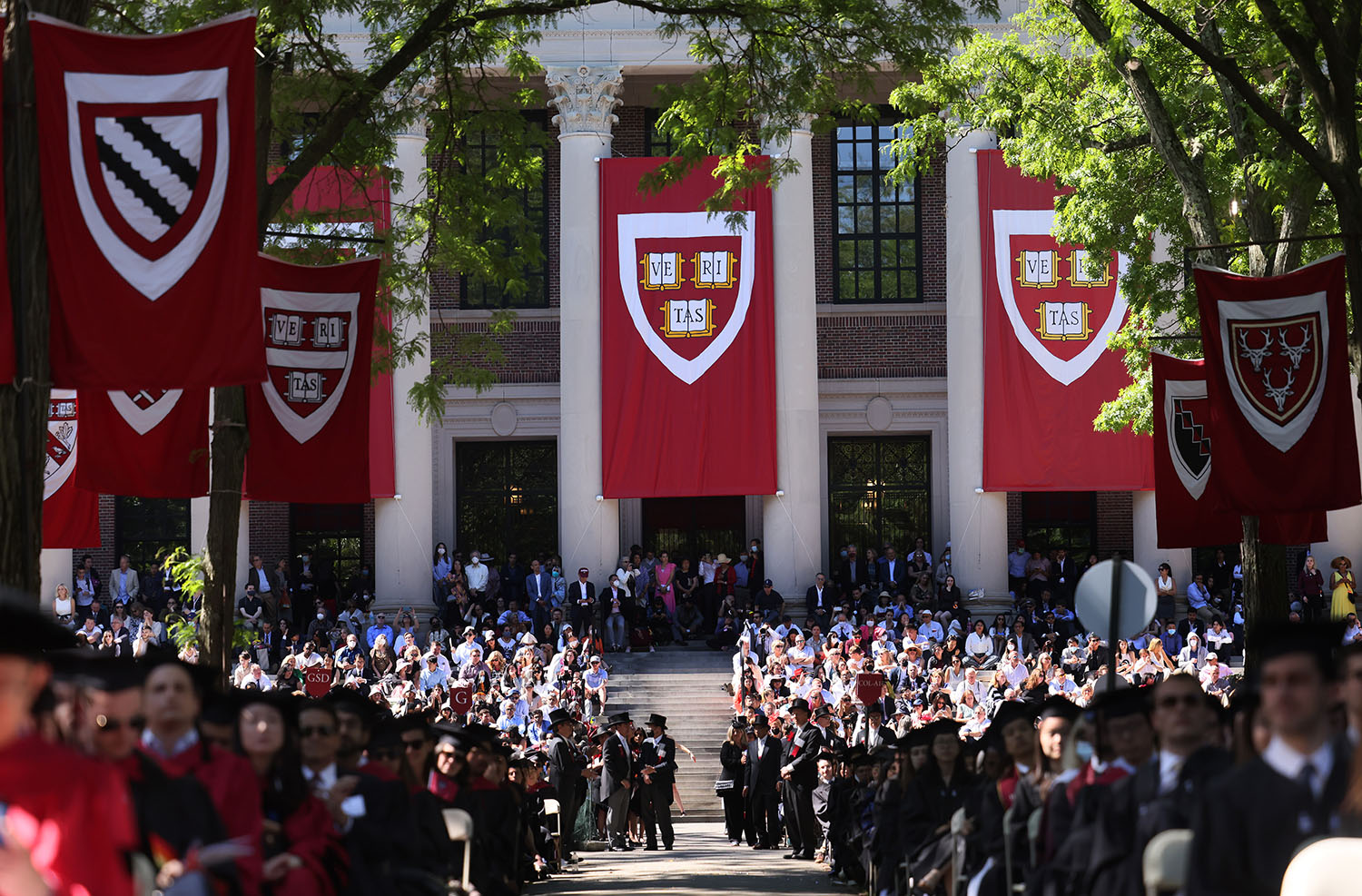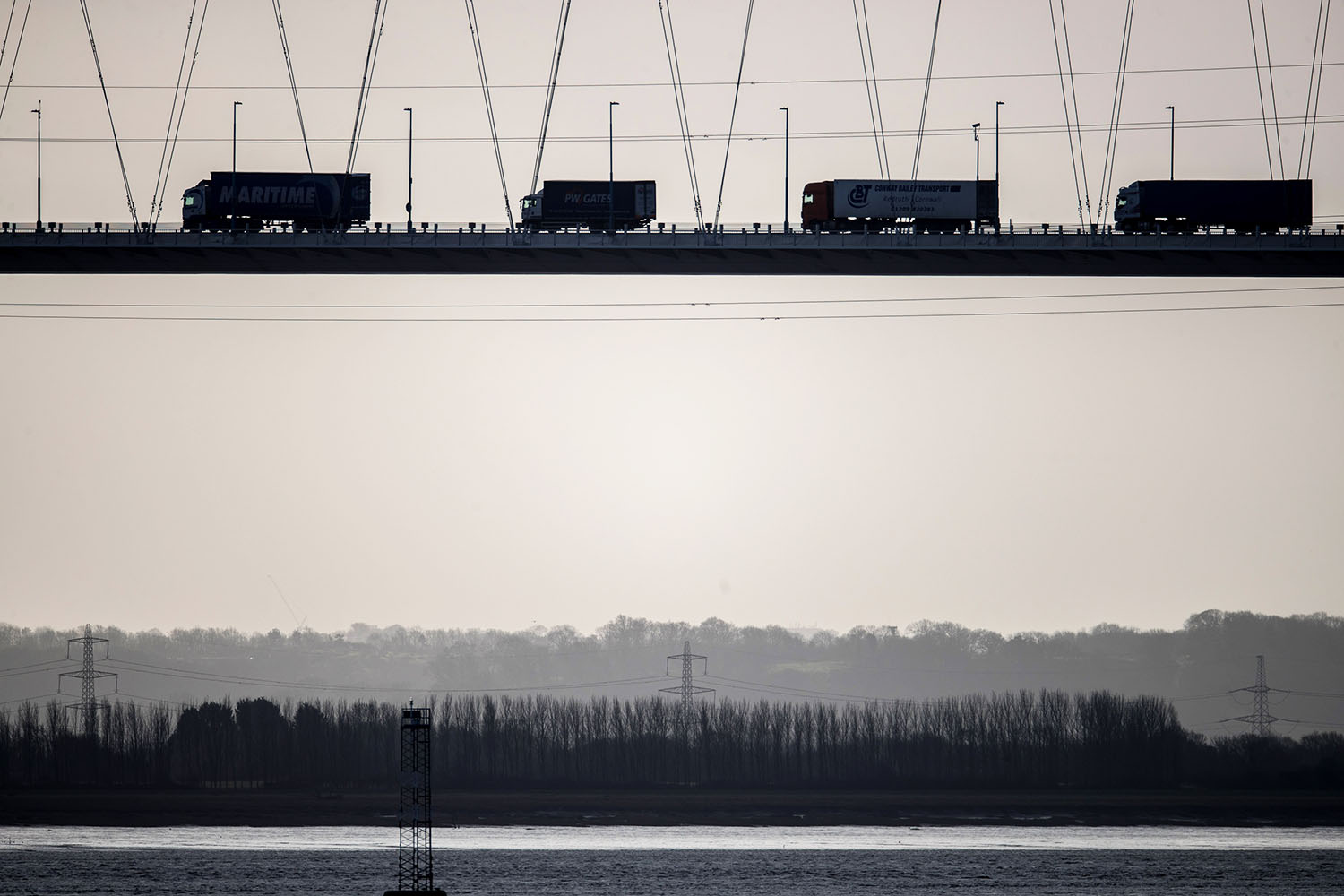
The words of former presidents and founding fathers fall on deaf ears
“If civilisation is to survive,” President Eisenhower told the American people in 1958, “it must choose the rule of law.”
So what? Donald Trump seems to be choosing something else. Besides testing the patience of neighbours and the credulity of a global audience, he is testing the notion that passing and obeying laws is ultimately good for the US. He is doing this
- at home, using the power of his signature to pardon criminals, override Congress and challenge the Constitution;
- abroad, suspending laws and anti-corruption initiatives that extended the reach of American justice to wherever American companies operate; and
- in the marrow of the judiciary, which in principle serves as a check on executive power but in practice is staffed by humans who, it turns out, can be too scared or awed by the executive to act.
Resistance, where art thou? In the last 21 days more than a dozen lawsuits have been filed alleging that the Trump administration’s actions violate the US Constitution. Only some will succeed.
- “Banning birthright citizenship or impounding funds are almost certainly unconstitutional and will continue to be struck down by the courts,” says Neama Rahmani, a former federal prosecutor.
- But he says other areas like speeding up immigration enforcement or halting prosecutions for bribery by American-listed companies abroad are entirely within the discretion of the Department of Justice (DOJ), now headed by Trump’s second pick for attorney general: Pam Bondi.
Greasing the wheels. America’s top export over the last century – a rules-based global order – has stopped shipping. Trump has directed Bondi to pause enforcement of the 1977 Foreign Corrupt Practices Act (FCPA). Subjects of FCPA investigations last year included
- Cyril Cabanes, a director at a renewable energy company owned by the Adani family charged with paying bribes to government officials in India;
- RTX Corporation, the defence company formerly known as Raytheon, which incurred penalties for “paying bribes to Qatari military and other foreign officials through sham subcontracts”; and
- Deere & Company, the tractor maker, which paid a $10 million fine for bribing Thai government officials with “cash payments, massage parlor visits, and international travel”.
Kleptocrat cash. Bondi has also disbanded the DOJ’s Kleptocracy Initiative, a unit tasked with seizing assets misappropriated by corrupt foreign officials. Experts say the ultimate objective may be to seize a multi-billion dollar forfeiture fund which is currently under DOJ control and contains the spoils from globe-spanning corruption scandals like 1MDB.
Bondi says the funds – normally used to reimburse swindled victims – will instead go towards fighting “cartels”. They may even be used to expand the Guantánamo Bay detention facility.
Pardon me? Trump’s growing list of pardons, commutations and dismissals of legal proceedings represents a group of people whose only real unifying characteristics appear to be that they have a) suffered repercussions for blatant public law-breaking or corruption, and b) have publicly or privately expressed admiration for the president. It now includes
- more than 1,500 people charged with crimes related to the January 6 Capitol attack for whom Trump issued pardons or commuted sentences on his first day in office;
- Rod Blagojevich, former Democratic governor of Illinois, who was convicted on federal corruption charges for trying to sell the US Senate seat vacated by Barack Obama when he became president in 2009;
- Eric Adams, current New York City mayor (and Democrat), for whom the acting deputy attorney general directed prosecutors to dismiss pending federal corruption charges.
George Washington warned in his farewell address in 1796 that factions formed to obstruct America’s laws could become “potent engines” by which “cunning, ambitious and unprincipled men” would seize the reins of power and destroy “the very engines which have lifted them to unjust dominion”.
What’s more… The Supreme Court’s broad view of immunity means Trump can’t be prosecuted or sued for anything related to his official duties as president. The same can’t be said of federal employees acting on his executive orders.
Additional reporting by Katie Riley and Barney Macintyre.











